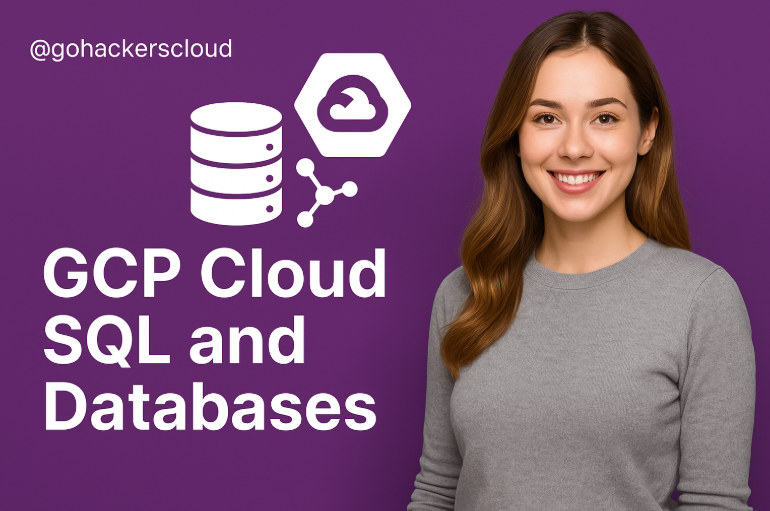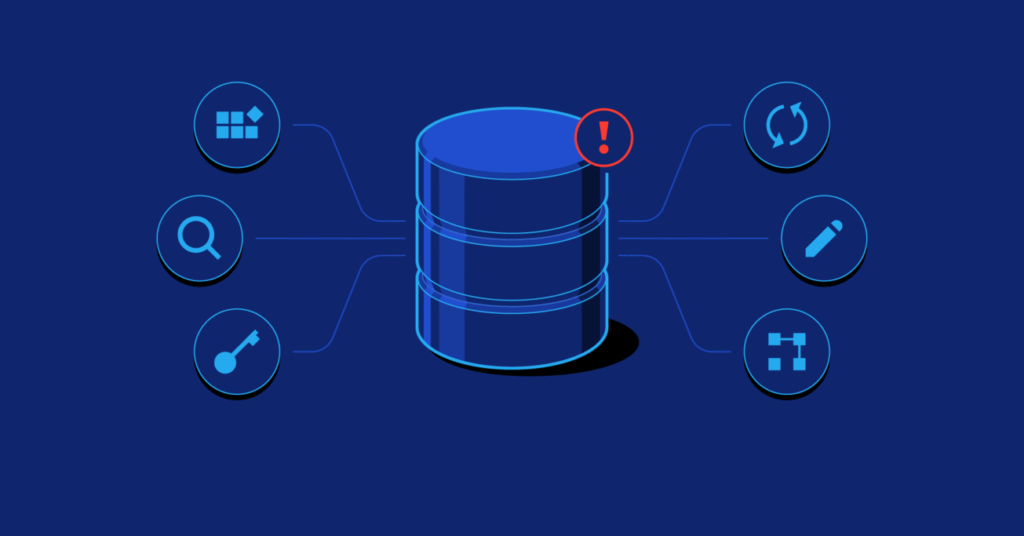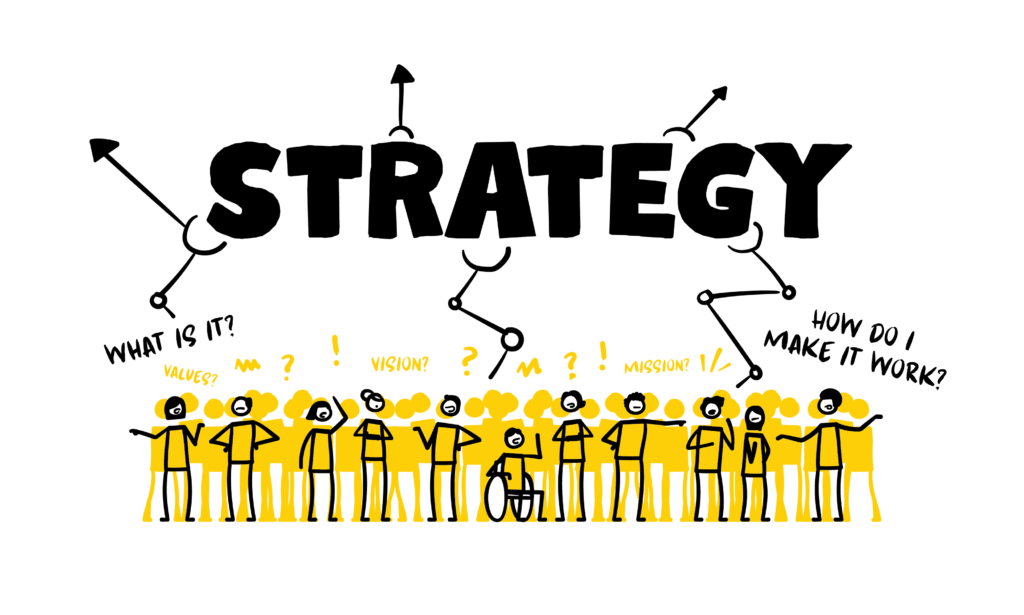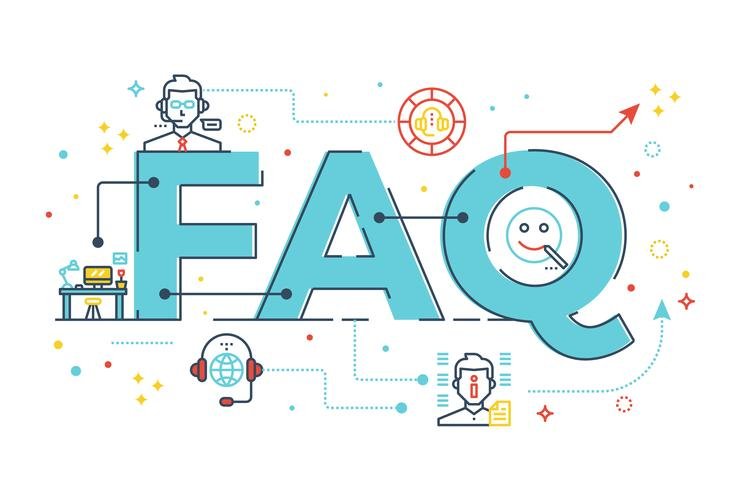
In today’s data-driven world, choosing the right database and managed services on Google Cloud is crucial. This guide helps you navigate Google Cloud SQL and the broader database ecosystem on GCP. It’s crafted for GoHackersCloud readers and highlights our comprehensive courses, hands-on labs, and practice questions to accelerate your mastery of Google Cloud databases.



Tip: Pair database design with data security and IAM best practices from Day 1.

How do I choose between Cloud SQL and Cloud Spanner?
Cloud SQL is ideal for traditional relational workloads with familiar SQL engines. Cloud Spanner scales horizontally for globally distributed databases with strong consistency.
Is BigQuery a database?
BigQuery is a serverless data warehouse designed for analytics, not a transactional database. It complements Cloud SQL/Spanner by enabling large-scale analytics.
Can I migrate from on-prem to GCP databases?
Yes. GoHackersCloud labs include migration patterns, tooling recommendations, and minimal-downtime strategies.
Do I need to know SQL to start?
Yes. A solid grasp of SQL and data modeling will help across Cloud SQL, Spanner, and analytics workloads.
Are there prerequisites for our courses?
No strict prerequisites. A basic understanding of cloud concepts and SQL is helpful, but our labs are designed to build skills progressively.

join thousands of successful certified professionals!
Contact UsWe'd love to help you out!
No WhatsApp Number Found!
WhatsApp us